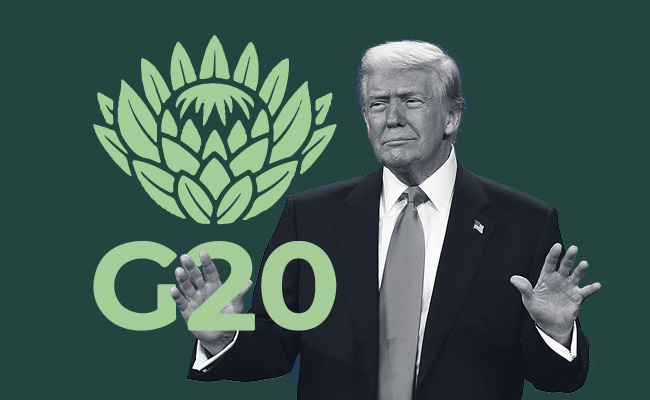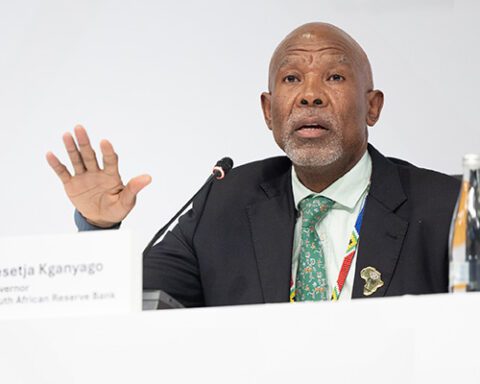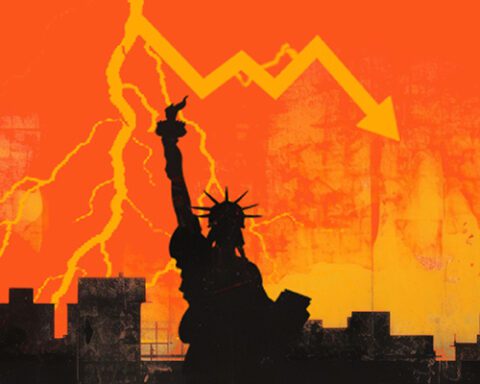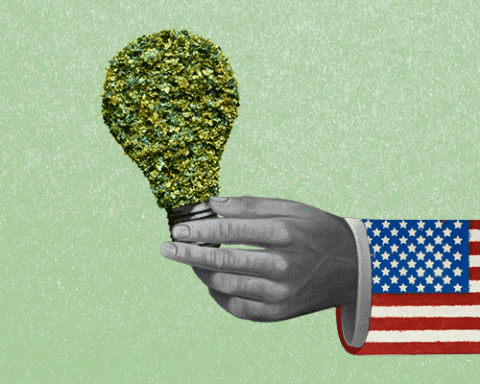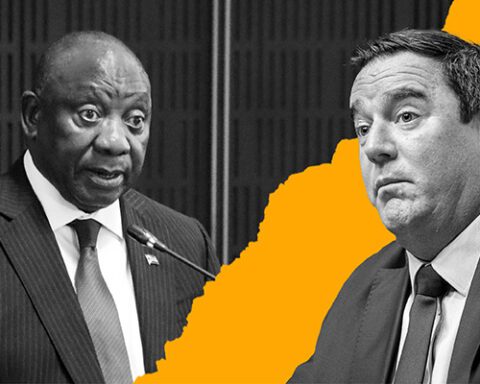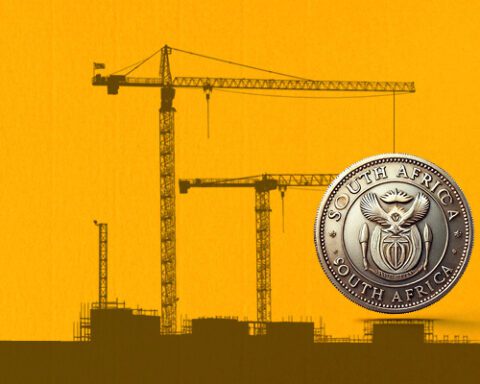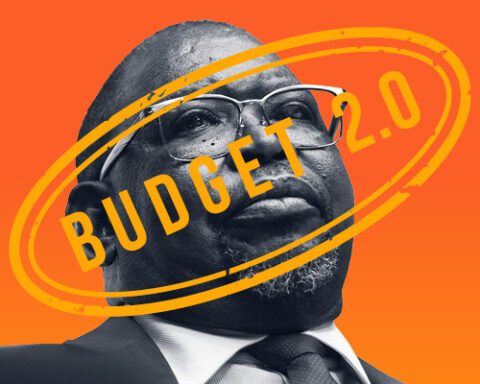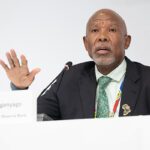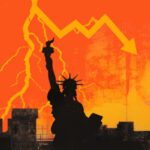“No, no, no, you can’t go through there,” a panicked policeman protested, digesting the fate worse than death that no doubt awaited him, had he let a rogue journalist into the broader wing of Cape Town’s International Convention Centre, where the finance ministers of the world’s G20 nations were meeting.
He and dozens of his police colleagues were posted at every conceivable entry point, mandated to ensure the cloak of secrecy shrouding these G20 meetings remained unpierced. For an organisation fighting to remain relevant – finance ministers from the US, Brazil, Canada, India, China and Japan skipped the event, sending their deputies instead – it seemed an obtuse response.
Over the four days of those G20 meetings in Cape Town, just five sessions were deemed “public”: President Cyril Ramaphosa’s opening speech, similar addresses from finance minister Enoch Godongwana and Reserve Bank governor Lesetja Kganyago, a climate discussion, and the closing report.
Judging from the banal and axiomatic statements that did leak out, you’d think it was a bust. Reuters, at one point on Wednesday, evidently frustrated by the clear lack of anything remotely resembling news, flashed this arresting insight from the Japanese delegation: “Open trade is critical for global growth.”
Which, as far as compelling insights go, is right up there with the 2009 headline in the Express-Times: “Homicide Victims Rarely Talk to Police” or the Clatchy News Service classic: “State Population to Double by 2040: Babies to Blame!”
The jaw-clenching anxiety evident in the media teams from different countries when asked to even confirm which delegates were attending underscored the jitteriness among the politicians wedged into the convention centre. And this tension only escalated to new heights on the final morning, after US President Donald Trump overnight said he was finalising a plan to impose 25% tariffs on goods from the EU, since that bloc had been established “to screw the United States”.
The European delegations seethed. One official, speaking anonymously, told Currency that this only underscored the vast gap between the US and everyone else. “They’re pulling in a completely different direction to the rest of the world,” he said.
These conversations had to take place behind closed doors, another argued, so that frank exchanges can be had between countries.
Dispute and division
As the event closed on Thursday, it soon became pretty clear how fraught many of these discussions had been.
Finance minister Enoch Godongwana, briefing the media, said: “I’m not happy with the fact we couldn’t achieve a consensus and issue a communiqué.”
This communiqué, essentially a statement of agreement on priorities, had been the order of the day until 2022. That year, after Russia invaded Ukraine, there was no communiqué issued after the G20 meetings in Indonesia. This time there were “different issues” at play, he said, without naming the countries.
Pressed on exactly what the points of contention were, Godongwana cited only “climate finance” as one particular point of disagreement.
Chances are that this dispute included tariffs too, given the details contained in the “chair’s summary” of discussions, released yesterday.
That summary said the G20 nations “reiterated the commitment to resisting protectionism”, as well as a further commitment to the “multilateral trading system with the World Trade Organisation [WTO] at its core”.
Trump, however, is all about protectionism. And while he has not yet withdrawn the US from the WTO, he has nixed the US’s participation in several bodies of the UN, and ordered a “review” of America’s participation in all other multilateral forums. It’s a strong pivot away from these bodies, of which the G20 forms part, in deference to his “America First” policy.
Attendees at the G20 said this lurch towards isolationism stands in stark contrast to the rest of the world’s most powerful nations.
Ramaphosa, in his opening address, spoke of how South Africa plans it use its year in charge to achieve four goals: first, put in place measures to prevent and respond to disasters, including natural disasters; second, ensure debt sustainability for emerging countries; third, mobilise finance for the just energy transition; and fourth, create a new G20 framework on green industrialisation using critical minerals.
But even Ramaphosa was forced to address the clear challenge to the G20’s relevance from the Trump administration. “The erosion of multilateralism presents a threat to global growth and stability,” said Ramaphosa. “Multilateral co-operation is our only hope of overcoming unprecedented challenges, including slow and uneven growth.”
Perhaps, in this context, even the self-evident statement from the Japanese, that “open trade is critical for global growth” is somewhat provocative for the Trump administration, which presumably doesn’t agree. Or perhaps more accurately, hasn’t thought about it.
Either way, Ramaphosa said the G20 countries would have to work harder than ever to “forge a consensus”.
This is not how South Africa’s first week of its G20 presidency was supposed to look. Godongwana, at the closing press conference, looked exhausted after what was a gruelling week, but he was probably also worn down by the inability to reach any agreement with leaders of countries that have gone wildly off-script.
This sets up South Africa’s G20 presidency for a rough ride. Forget pushing Africa’s agenda onto the world, and nailing down far-reaching deals on financing the continent’s energy needs; just keeping the G20 together, it seems, will be a Herculean task.
ALSO READ:
Sign up to Currency’s weekly newsletters to receive your own bulletin of weekday news and weekend treats. Register here.
